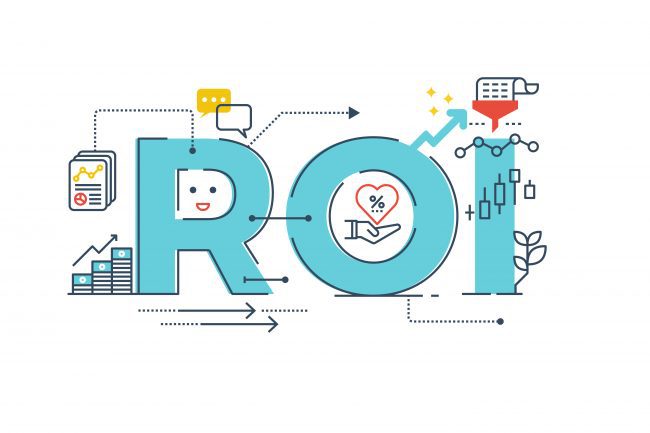Improving ROI on experiential learning
It’s not always easy and straightforward to prove ROI for training. Many senior managers will still believe that training is a waste of time and experiential learning is no exception. As regular training requires employees to take time out of their scheduled work to undertake the training, ROI must be proven. Regardless of the delivery […]
Improving ROI on experiential learning Read More »




